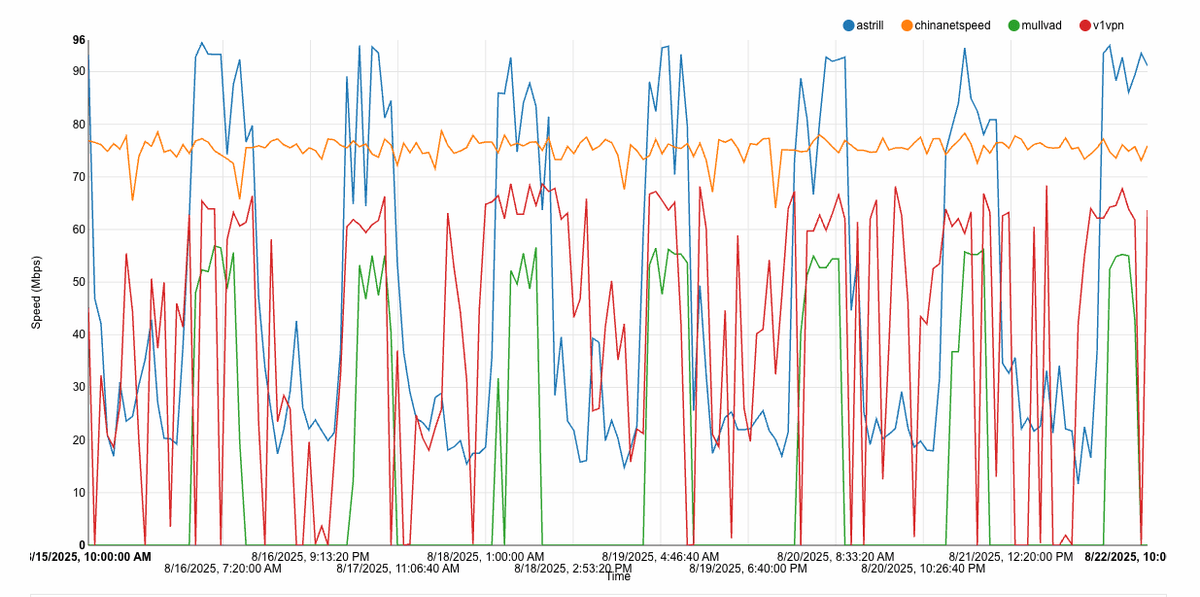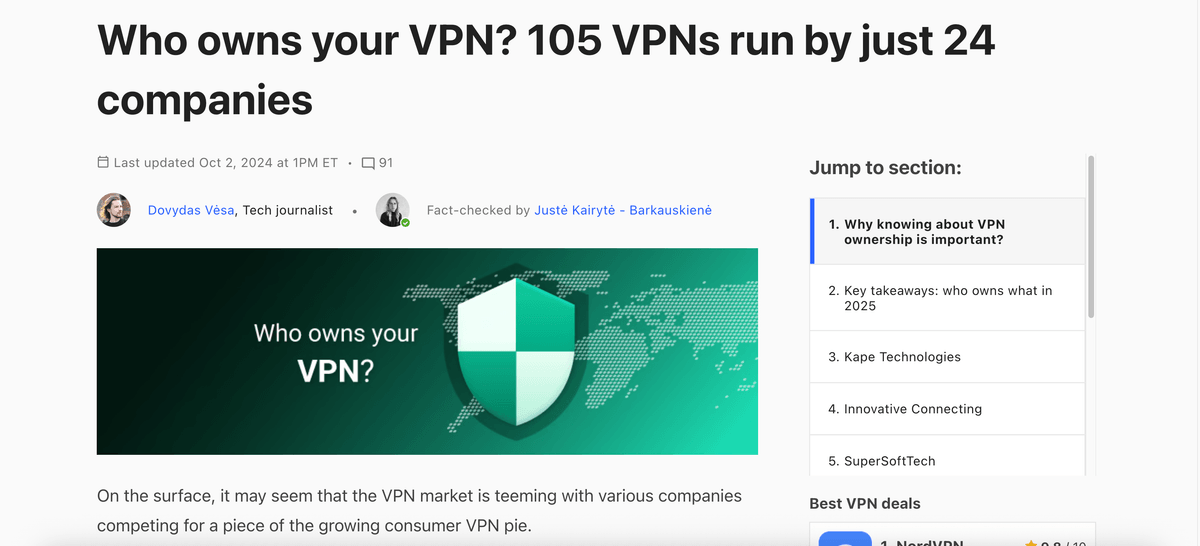Welcome to China. The food is incredible, the cities are buzzing, and the internet...well, it's awful. If you've just landed, you may have already tried Googling something only to be hit with the cold, hard silence of the Great Firewall.
Here's the reality: The internet in China works differently than anywhere else. What you're experiencing isn't a bug — it's a feature of a system designed to prioritize domestic content and services.
Whether you’re trying to work remote from Shanghai, stream Netflix, or just stay in touch with family back home, understanding the quirks of China’s internet will save you hours of frustration. This guide is here to help you survive the chaos, actually get things done, and maybe even enjoy being online in China.
What to Expect in China when using a VPN:
Yes, of course, you’ve got a VPN. And sure, it helps. But why are things still so… bad?
The holy grail of survivable internet in China — speed, stability, and reliable access to overseas websites — does exist, but it usually takes a painful combo of time, effort, and money to get there, especially if you came with a standard western VPN.

Chart of observed speeds in China to foreign testing sites
Here at Chinanetspeed, the best performance we’ve seen is 500 Mbps download* under ideal conditions. In reality, you should expect closer to 100–200 Mbps during peak hours (think 7 p.m. in China, when everyone’s online).
机场 (jīchǎng) services – slang in China, literally “airport,” referring to subscription providers that sell access to China-specific network protocols
With a China-Optimized VPN, you should expect around 10Mbps. Forget streaming, forget Zoom — you’ll be lucky if Gmail even loads.
With a standard VPN, brace for under 1 Mbps. That’s dial-up territory, where one sad webpage can take minutes to load.
Can You Rely on the Internet in China for Remote Work?
Yes...and no. The most frustrating part of internet in China isn’t that it breaks — it’s that it breaks without warning. What makes it even worse is that the instability is relentless, draining your patience day after day.
Government tweaks, ISP maintainance rerouting, app updates — all can silently disrupt your connection. The “set it and forget it” mindset from the West simply doesn’t exist here.
You’ll spend more time tweaking, testing, and troubleshooting than actually working sometimes. But understanding these patterns gives you a huge advantage over newcomers who try to treat China like any other country online.

Vendor performance across a 7-day snapshot. Good internet = a straight line. Bad internet = lots of peaks and valleys
Source - Chinanetspeed Live Metrics Dashboard (available for account holders)
Why VPNs aren't the silver bullet
The truth is that VPNs were never designed to help you access the foreign internet from China. They were created 30-years ago to help mainframes encrypt and share information across corporate networks. In other words, they’re built for security, not for speed. Is it any wonder that they struggle at streaming Netflix?
Does that mean there are no working VPNs in China? Of course not. There are several good options. But for around $15 a month, don’t expect “China Optimized” servers to be bulletproof portals to the outside internet.
Think of VPNs as a last-resort lifeline. The sketchy side of the VPN world doesn't help either - plenty of “Best VPN for China" review sites are basically puppet shill pages, all owned by the same parent company trying to sell you their own VPN...

The Real Bottleneck to Fast Speeds in China: Network Peering
Even if you cancel Facebook, live without Google, and go fully native with QQ email, you’ll hit another wall: network peering.
Even non-blocked sites can become frustratingly slow, especially after 7 p.m. All 800+ million users in China share the same routes to access foreign websites. At peak hours, it’s like rush-hour traffic on a single-lane highway — simple sites like tesla.com or nyse.com crawl to a halt. Add a VPN into the mix, and the encryption overhead slows things down even further.
Paying more for premium bandwidth can help, but even then, you’ll need patience and planning to avoid peak-hour congestion. The moment your connection travels through undersea cables and outside-of-China networks, speed and reliability come down to price and service quality — the more you pay, the better your speed and service.

All 800+ million users share the same lanes to access foreign websites. At peak times, even simple browsing gets jammed
Conclusion: You’ve Got This (Mostly)
Living in China with a functioning internet setup is kind of like keeping a houseplant alive — it takes attention, patience, and sometimes yelling "Why are you like this?" at inanimate objects. But with the right tools and a bit of planning, you’ll be streaming, messaging, and doomscrolling like a pro.
As always, the experts here at Chinanetspeed are available to chat if you have questions or need help to understand what to expect in China.
Good luck — and may your VPN be swift and your router never overheat!
